What Is A Fertility Diet?
The fertility diet represents a set of changes in a diet and activity routine meant to increase the chances of getting pregnant. The goal is to eat foods (like plant protein or full-fat dairy products) believed to be fertility enhancers.
Additional research is indeed required to prove such benefits. But at the same time, specialists believe that some aspects of the fertility diet can boost the chances of conceiving.
What foods should you avoid?
Before pinpointing what to eat with a fertility diet, it is necessary to note what needs to be avoided. Alcohol, caffeine, trans fats, processed sugar, artificial sweeteners or sodas are prohibited.
- Processed sugar can create imbalances in your insulin levels. This leads to hormonal changes. It is considered to be a fertility harming compound as it causes inflammation and suppresses your immune system.
- Alcohol prevents mineral absorption and boosts prolactin levels. It inhibits ovulation leading to fewer chances of conceiving.
- Processed foods come with a multitude of additives and preservatives that can disrupt the well-functioning of hormones and reproductive system.

What are the fertility boosting healthy-foods?
To better your eating habits for a fertility diet plan, it is best to concentrate on organic, all-natural foods. Opt for at least 5 servings of veggies per day. Choose fresh, whole fruits and avoid fruit juice. You can use natural forms of sugar, such as honey, maple syrup or brown rice syrup. Also, keep a close eye on nutritional labels when you buy foods.
But the importance of healthy fats for fertility cannot be emphasized enough. Sources of healthy fats are found in vegetable oils like olive oil, along with nuts or avocados. Estrogen influences fertility. And to keep it balanced, you need a diet rich in healthy fats. Also, those fats keep your health up, balance blood sugar levels, diminish inflammation and can prevent miscarriages.

The most important foods in a fertility diet
Unsaturated vegetable oil
The original fertility diet concentrates on monounsaturated and polyunsaturated fats. These are considered the healthiest types of fats that can aid in getting pregnant.
Monounsaturated fats in a fertility diet can be accessed through olive oil, canola oil, avocados, cashews, almonds, pumpkin seeds or sesame.
Polyunsaturated fats are found in fish like trout, sardines, salmon or tuna. But keep in mind that fish can be poisoned with mercury, a dangerous compound for a developing child. The fertility diet suggests getting polyunsaturated fats from plant sources. Soybeans, safflower oil or canola oil are rich sources for those healthy fats.
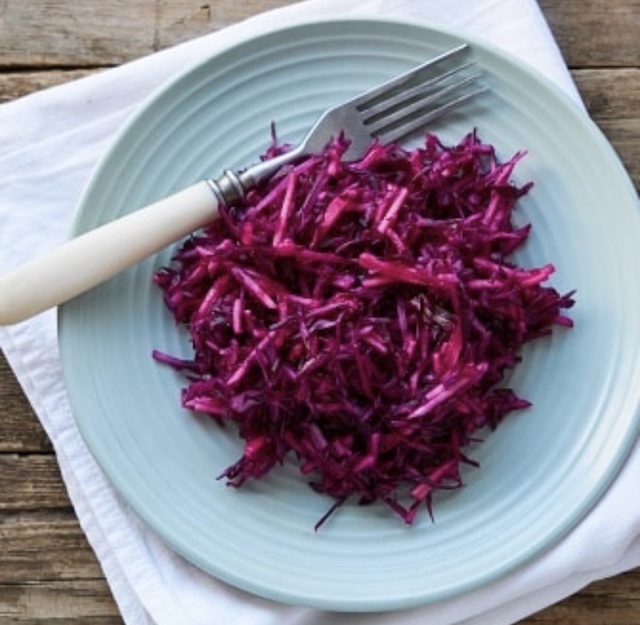
Vegetable protein
A scientific study showed that women who had a diet rich in plant protein were less likely to suffer from ovulatory infertility. Hence, adding more vegetable protein and removing animal protein can be of great aid for conceiving.
Whole grains
The first rule of a fertility diet is to avoid sodas and drink plenty of water. Also, it is best to replace bread or pasts with whole grains, like beans or vegetables. Even though there is no direct link between carbohydrates and infertility, specialists believe that the healthier a woman eats, the more likely she will get pregnant.
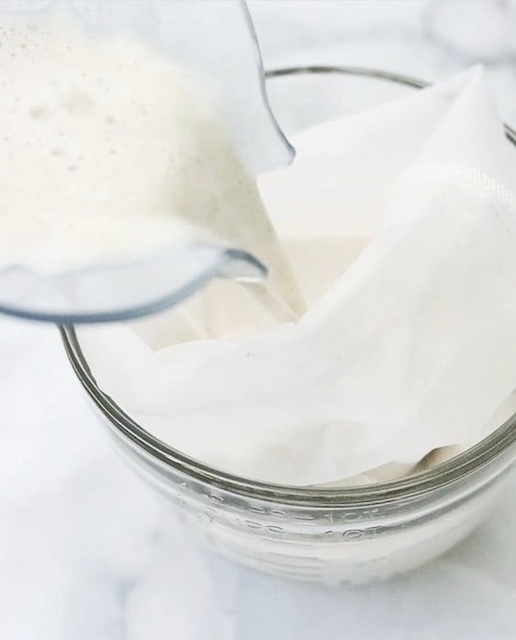
Whole milk
One of the best fertility foods is whole milk, followed close by the full-fat yogurt. The fertility diet suggests consuming at least one full-fat milk or yogurt source daily.
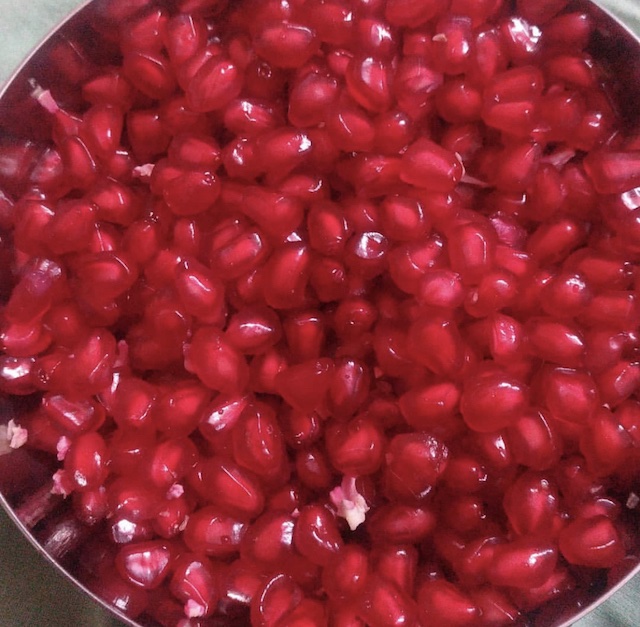
Iron-rich fruits
It is believed iron-rich foods can boost fertility. You can include in your diet apricots, spinach, asparagus, coconut, beans or nuts. If you suspect you have an iron deficit, you can always opt for a supplement.
Committing to a fertility diet can improve reproductive well-being and can increase the chances of conception. The secret is to eat as many nutritious dishes as possible that will boost your health, wellbeing , and chances of getting pregnant.
, and chances of getting pregnant.
updates?
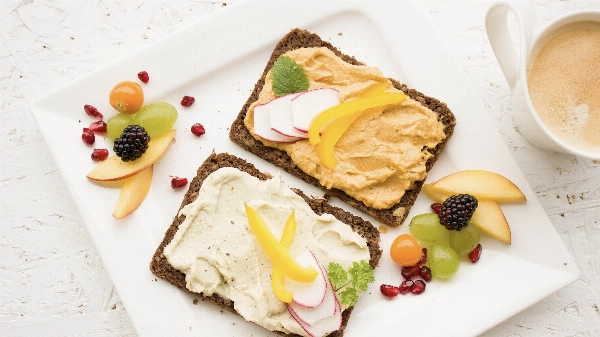


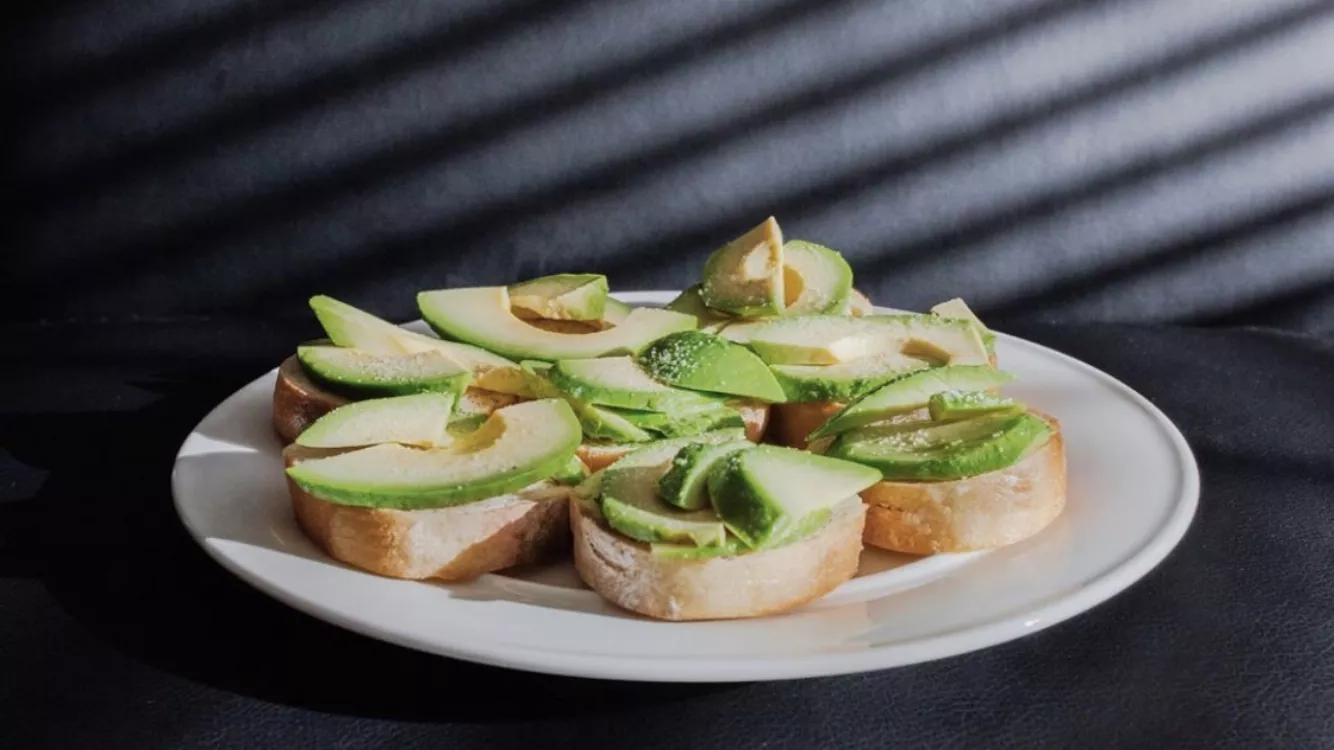




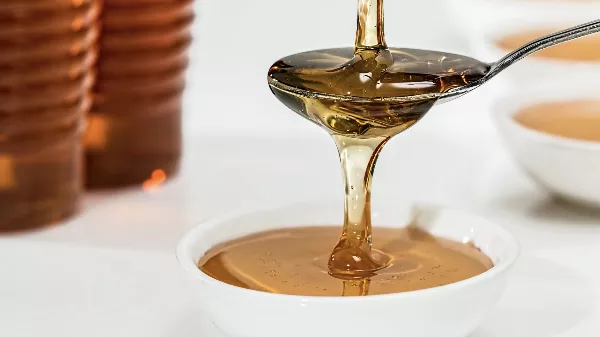

0